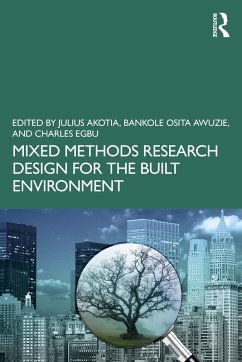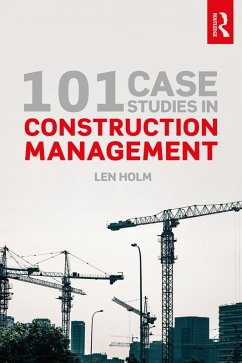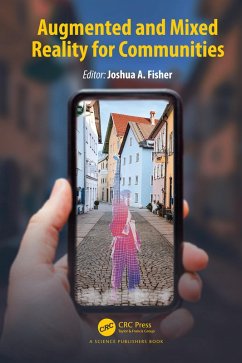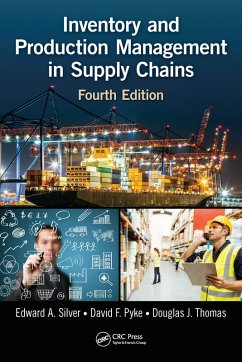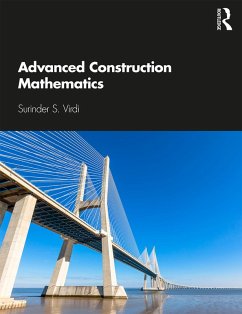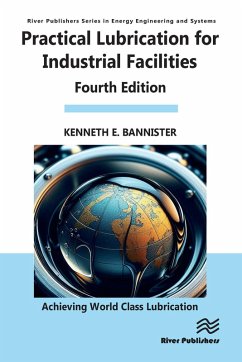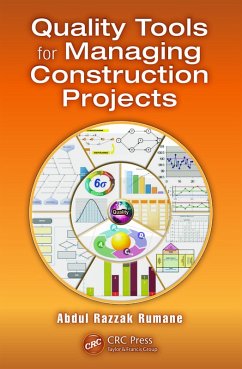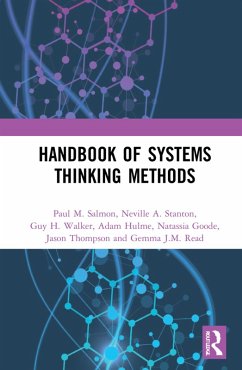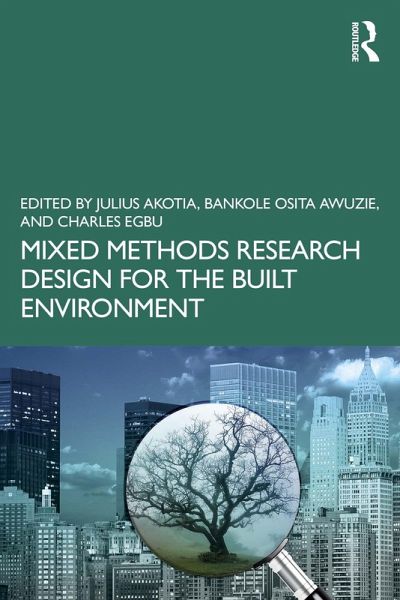
Mixed Methods Research Design for the Built Environment (eBook, PDF)
Versandkostenfrei!
Sofort per Download lieferbar
50,95 €
inkl. MwSt.
Weitere Ausgaben:

PAYBACK Punkte
25 °P sammeln!
The application of mixed methods research design in the built environment discipline by students and academics has continued to grow exponentially. However, with no dedicated mixed methods research design textbook in this domain, students have struggled to conduct research projects involving a mixed methods research design.Mixed Methods Research Design for the Built Environment provides a useful research methodology resource for students, academics, and researchers across various disciplines in the built environment such as construction management and project management, property and real esta...
The application of mixed methods research design in the built environment discipline by students and academics has continued to grow exponentially. However, with no dedicated mixed methods research design textbook in this domain, students have struggled to conduct research projects involving a mixed methods research design.
Mixed Methods Research Design for the Built Environment provides a useful research methodology resource for students, academics, and researchers across various disciplines in the built environment such as construction management and project management, property and real estate management, quantity surveying and commercial management, building surveying, building services engineering, civil and geodetic engineering, and other built environment disciplines. The book can also be useful for students and academics outside the built environment knowledge domain.
This textbook offers practical and step-by-step guidance on how to apply mixed methods research design, including an elucidation of the various philosophical and methodological underpinnings upon which the choice of a particular variant of the mixed methods research design is predicated. It provides practical case examples and guidance on the processes involved to design and undertake mixed methods research, the advantages and disadvantages of using mixed methods research, and how multiple sources of qualitative and quantitative data can be combined and applied to carry out research projects.
Mixed Methods Research Design for the Built Environment provides a useful research methodology resource for students, academics, and researchers across various disciplines in the built environment such as construction management and project management, property and real estate management, quantity surveying and commercial management, building surveying, building services engineering, civil and geodetic engineering, and other built environment disciplines. The book can also be useful for students and academics outside the built environment knowledge domain.
This textbook offers practical and step-by-step guidance on how to apply mixed methods research design, including an elucidation of the various philosophical and methodological underpinnings upon which the choice of a particular variant of the mixed methods research design is predicated. It provides practical case examples and guidance on the processes involved to design and undertake mixed methods research, the advantages and disadvantages of using mixed methods research, and how multiple sources of qualitative and quantitative data can be combined and applied to carry out research projects.
Dieser Download kann aus rechtlichen Gründen nur mit Rechnungsadresse in A, B, BG, CY, CZ, D, DK, EW, E, FIN, F, GR, HR, H, IRL, I, LT, L, LR, M, NL, PL, P, R, S, SLO, SK ausgeliefert werden.




